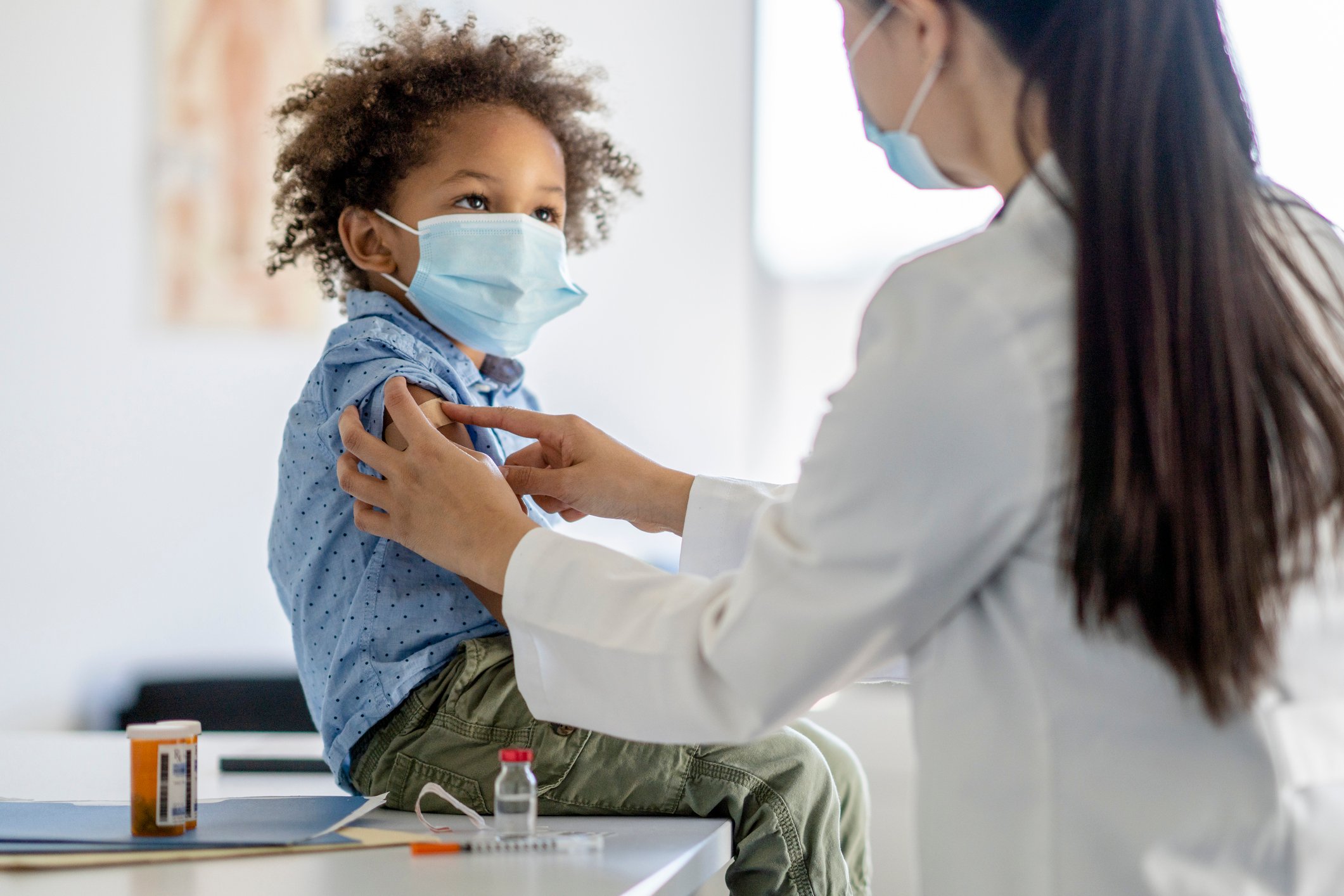As COVID-19, the illness caused by the novel coronavirus, spread throughout the world, researchers have been testing both old and new treatments in attempts to find a cure. One that has drawn particular attention is hydroxychloroquine, a common malaria drug.

Image source: Getty Images.
What is hydroxychloroquine?
Hydroxychloroquine, a safer derivative of chloroquine, is an anti-parasitic and disease-modifying anti-rheumatic drug approved for malaria, lupus, and arthritis. The U.S. Food and Drug Administration originally approved hydroxychloroquine, sold under the brand name Plaquenil, in 1955. These days, Sanofi (SNY +1.87%) sells Plaquenil, and dozens of companies, including Pfizer (PFE +4.27%) and Mylan (MYL +0.00%), sell hydroxychloroquine under different brand names.
In cases of malaria, hydroxychloroquine works by killing malaria parasites in red blood cells. Using the drug to treat COVID-19 actually began with research on chloroquine to halt the spread of severe acute respiratory syndrome. The idea is that chloroquine and hydroxychloroquine lift the pH level of an acidic part of the cell membrane, making it more basic, which would hurt the virus's ability to enter and replicate within the body.
President Donald Trump has touted hydroxychloroquine's benefits, and in May he said that he took a two-week course of the drug as a preventative measure.
Does hydroxychloroquine prevent or treat COVID-19?
Trump's enthusiasm spurred some to take the drug without a doctor's approval, resulting in serious health issues and even death. That's why healthcare professionals advise speaking to your doctor before taking any prescription medication.
In late March, the FDA granted hydroxychloroquine emergency use authorization for certain COVID-19 patients but the agency revoked the authorization this week. The FDA said the known and potential benefits of hydroxychloroquine for COVID-19 no longer outweigh the risks. Still, physicians may continue to prescribe hydroxychloroquine for off-label uses -- such as COVID-19 -- if they see fit.
A small study in Marseille, France earlier this spring first sparked interest in hydroxychloroquine as a possible treatment for COVID-19. Of 14 patients given hydroxychloroquine only, eight were cured by the sixth day of the study. Of six patients given hydroxychloroquine combined with the antibiotic azithromycin, all were cured by day six. Of the 16 people in the control group, which didn't receive the treatments, only two patients were clear of COVID-19 by that time.
Since that study, other larger trials have shown a lack of efficacy. In the University of Oxford's Recovery trial, 1,542 patients received hydroxychloroquine, while 3,132 received standard care. After treatment for 28 days, 25.7% of the hydroxychloroquine group and 23.5% of the standard care group died. The study's chief investigators said the data ruled out meaningful survival benefit in hospitalized patients.
Another study, published in the New England Journal of Medicine, showed that hydroxychloroquine doesn't prevent COVID-19 infection. Of the 821 asymptomatic participants who had been exposed to coronavirus patients, 11.8% of those given hydroxychloroquine developed COVID-19, and 14.3% who were given placebo developed the illness.
Further adding to the debate, researchers who, in a study published in The Lancet, said they couldn't confirm the benefit of hydroxychloroquine later retracted the study. There were concerns about "the veracity of the primary data sources," the authors said.
In spite of disappointing trial data and the FDA's move to revoke emergency use authorization, interest in hydroxychloroquine remains. There are currently more than 100 trials of hydroxychloroquine for COVID-19 that are active or recruiting globally.
Is there a cure for COVID-19?
There isn't a cure for COVID-19 yet, but Gilead Sciences' (GILD +1.95%) drug remdesivir may be the best option at the moment. In May, the FDA granted emergency use authorization for the antiviral in hospitalized patients with severe COVID-19.
In the latest phase 3 trial data, patients taking remdesivir for five days were 65% more likely to show clinical improvement on day 11 than those in a standard of care group. A separate National Institute of Allergy and Infectious Diseases study showed that remdesivir led to more rapid recovery. The trials also indicate that early treatment with remdesivir produces better outcomes.
Remdesivir trials are ongoing in order to better understand how this antiviral can help the most patients through the coronavirus pandemic.






